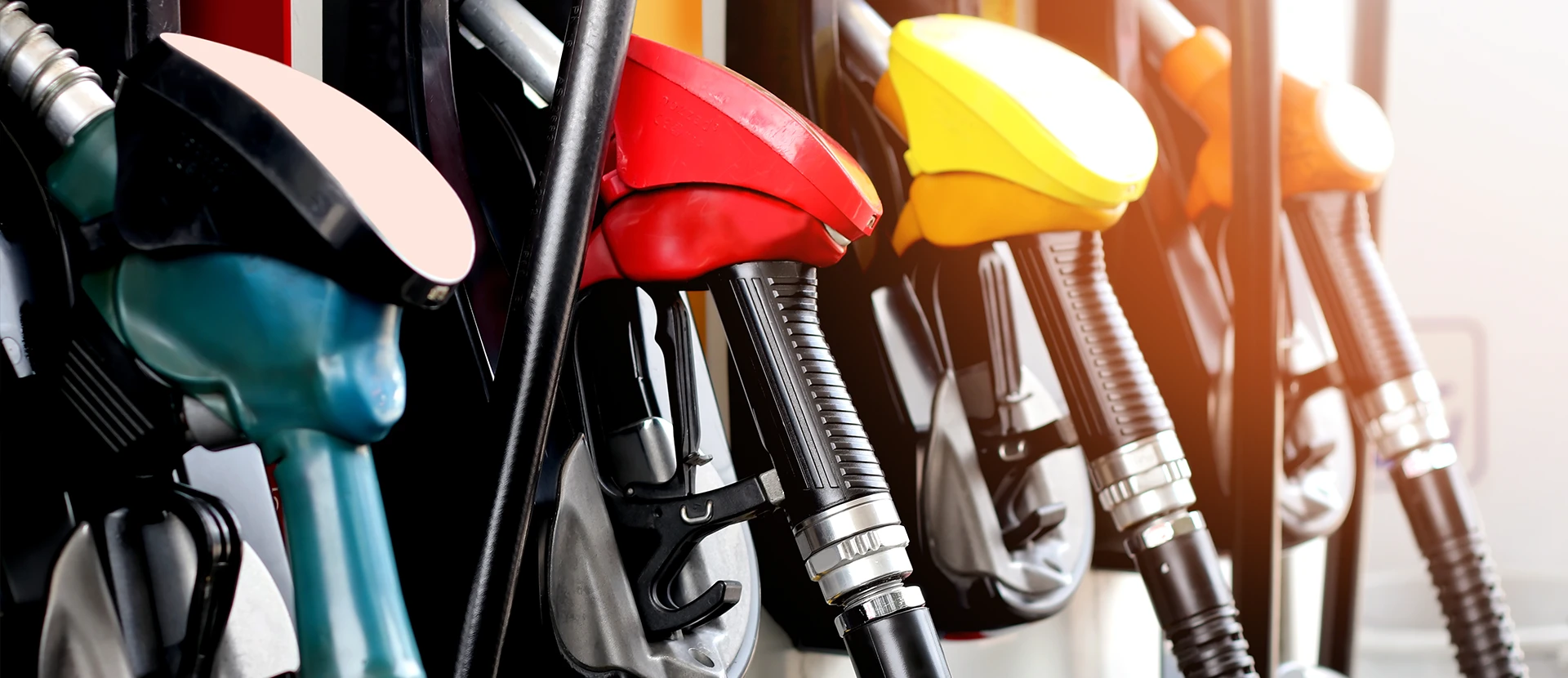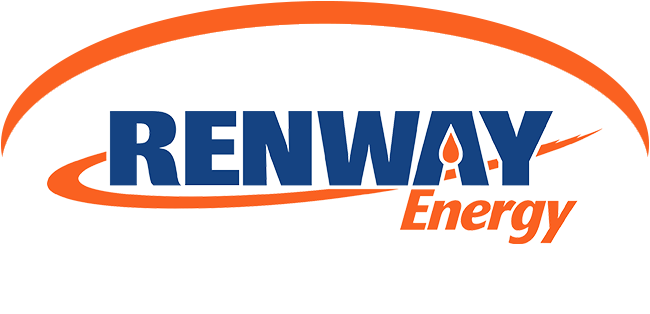
Exploring the Different Types of Gasoline
July 30, 2024
Exploring the Different Types of Gasoline for Agricultural, Commercial, and Construction Uses offered by Renway Energy
Selecting the appropriate gasoline type for agricultural, commercial, and construction machinery is crucial for ensuring efficiency and performance.
Understanding the different types of gasoline and their specific benefits can help you make informed decisions that enhance your operations and protect your equipment.
The Government has recently mandated that all gasoline must contain ethanol.
Types of Gasoline for Machinery
Gasoline comes in various types, each tailored to meet specific engine requirements and performance standards.
For agricultural, commercial, and construction machinery, the primary types of fuel for cars include regular unleaded, mid-grade, and premium gasoline.
These types of gasoline are differentiated by their octane levels, which measure the fuel’s ability to resist knocking during combustion.
Different Gasoline Grades for Heavy Equipment
Different gasoline grades are designed to cater to the diverse needs of heavy equipment.
Regular gasoline, with an octane rating of 87, is suitable for most standard machinery and vehicles used in agricultural and construction settings.
Mid-grade gasoline, with an octane rating of 89, provides a balance between performance and cost, making it ideal for commercial operations.
Premium gasoline, often rated at 91 or higher, is necessary for high-performance engines that require higher resistance to knocking, commonly found in advanced construction machinery.
Regular vs. Premium Gasoline for Industrial Use
The choice between regular vs. premium gasoline for industrial use revolves around octane levels and engine performance.
Regular gasoline is often sufficient for many types of machinery, providing a cost-effective option for large-scale operations.
However, premium gasoline is essential for high-performance engines, such as those in advanced construction equipment, which benefit from higher octane levels to prevent engine knocking and enhance efficiency.
Using the correct gasoline for high-performance engines ensures they run smoothly and efficiently, reducing downtime and maintenance costs.
High-Octane Gasoline Benefits for Commercial Machinery
High-octane gasoline offers several benefits, especially for commercial and construction machinery that demands peak performance.
High-octane gasoline benefits include improved engine performance, reduced knocking, and better fuel efficiency. Engines designed for high-octane fuel operate more smoothly and deliver enhanced power and durability.
These benefits are particularly noticeable in heavy-duty equipment and high-performance vehicles used in demanding environments.
Ethanol-Blended Gasoline for Agricultural and Commercial Applications
This type of fuel mixes ethanol, a renewable resource, with traditional gasoline to create a more environmentally friendly option. Ethanol-blended gasoline can be found in various octane levels and offers benefits such as reduced emissions and potentially lower fuel costs.
It’s essential to check your machinery’s compatibility with ethanol-blended fuels before use, as some engines may require adjustments to run efficiently on this type of fuel.
Optimize Your Operations with the Right Gasoline from Renway Energy
Selecting the right gasoline for your agricultural, commercial, and construction machinery is crucial for maintaining performance and longevity.
Whether you need regular, mid-grade, premium, or ethanol-blended gasoline, understanding the different types of gasoline and their benefits can guide your decision.
For more information on gasoline types explained and personalized recommendations for your machinery, contact us at 519-752-6777.
Our experts at Renway Energy are ready to help you find the perfect fuel keep your operations running smoothly.
By familiarizing yourself with the various gasoline options, you can make informed choices that optimize your equipment’s performance and contribute to a more efficient and sustainable operation.

